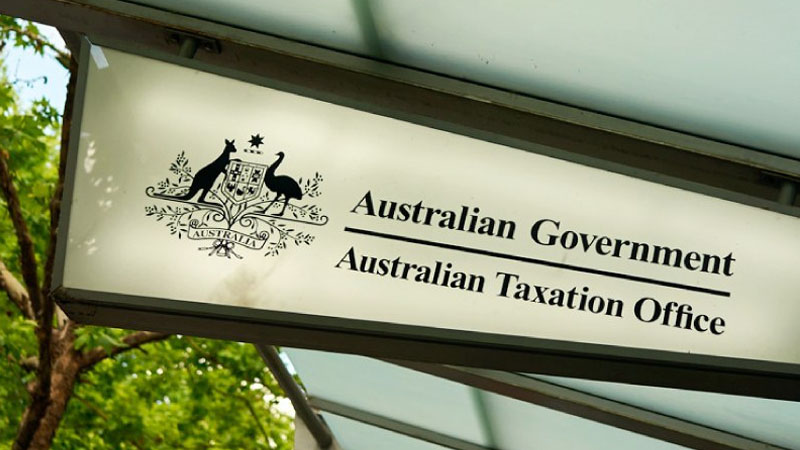‘Unprecedented level of visibility’: ATO announces first use of STP data
The ATO has announced its first direct use of Single Touch Payroll information, vowing to act on its “unprecedented level of visibility” of superannuation information, as it sends a warning to errant employers.
ATO deputy commissioner James O’Halloran said the agency is now “heavily focused” on SG obligations, having recently completed an examination of SG contributions for 75 million payment transactions for the first three quarters of 2018–19 for around 400,000 employers.
“From this data, we can already see that between 90 per cent and 92 per cent of contribution transactions by volume were paid on time and that between 85 per cent and 90 per cent of the transactions by dollar value were paid on time,” Mr O’Halloran said in a speech to the Australian Institute of Superannuation Trustees (AIST) 2019 Chairs Forum.
“We’re now starting to actively use the data to warn employers who appear not to be paying the required SG on time, in full or at all, that they should change their behaviour.”
The ATO has attributed the increased in data visibility to the introduction of Single Touch Payroll (STP) reporting and improvements in super funds’ reporting through the Member Account Transaction Service (MATS).
A new SG campaign is now underway, with Mr O’Halloran noting that 2,500 employers who have been identified as having paid some or all of their SG contributions late during 2018–19 set to be contacted this week.
A further 4,000 employers will begin receiving due-date reminders from the ATO.
“It should be noted this is the first direct use of the Single Touch Payroll reporting arrangements, based on what your funds report to us relating to SG payments,” Mr O’Halloran said.
“It’s a tangible action which demonstrates our increasing ability to effectively follow up in relative real time apparent late or non-payment of SG.”
SG amnesty
The ATO’s actions come as the proposed SG amnesty and its associated legislation has been reintroduced into Parliament.
The SG amnesty provides for a one-off amnesty to encourage employers to self-correct historical SG non-compliance dating from 1 July 1992 to the quarter starting on 1 January 2018.
While the ATO will continue to apply the existing law until the bill passes, employers have been warned of the short six-month amnesty time frame to rectify any past underpayments.
SG audit work
Mr O’Halloran was also keen to tout the ATO’s ongoing SG audit work, with 27,000 SG cases completed over the last financial year.
Of those, 22,000 employers were contacted and the ATO raised assessments for $805 million in outstanding SG.
The ATO also issued 5,000 individual director penalty notices (DPNs) for 3,600 companies to a combined value of $283 million.
“As importantly, as a result of our compliance activities, we collected $532 million in outstanding SG and distributed it to 471,000 individuals during 2018–19,” Mr O’Halloran said.








